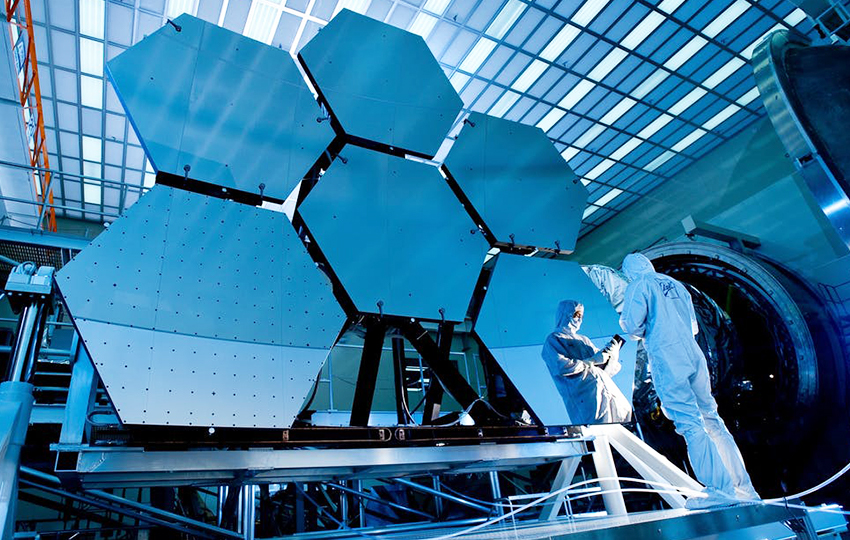Europe’s Framework Programmes for Research and Technological Development, most commonly known as Framework Programmes, are funding tools created by the European Union, aiming at fostering research in the ERA.
Depending on the funding period, the focus of the programmes changes, including different industries or technologies. The first framework took place from 1984 until 1987 as the FP1 with a budget of 3.8 billion euros. The latest, Horizon 2020, started in 2014 and will be finished in 2020.
The Horizon 2020 framework
Horizon 2020 was the biggest framework yet with a budget close to 80 billion euros. The investment focus of Horizon 2020 was to coordinate national research policies and to pool funding for research in certain areas to avoid duplication. In particular, the FP8 was implemented by the EU as a policy instrument assigned to align all the other high-level policy initiatives set by the EU.
By providing grants to research and innovation projects, Horizon 2020 has had a great impact on the European Society. Through the implementation of projects under the framework, the European society was able to support breakthrough innovation and create impact though mission-orientation and citizens’ involvement. International cooperation was strengthened, the funding capital was rationalized and openness was reinforced.
These changes on the European society helped create key novelties for the upcoming framework, Horizon Europe. The Commission is now supporting a much more open science policy and is ready to extend association possibilities. New partnerships will be approached and with the launch of the European Innovation Council on October 27th, 2017, as part of the Horizon 2020 work programme, R&I missions are now the number one priority.
The Horizon Europe Mission
The proposal that was published by the Commission regarding the Horizon Europe framework is an ambitious funding program of 100 billion euros, dedicated to various research and innovation initiatives in a variety of technological fields. On top of that, the mission of the Horizon Europe programme is to incorporate policy missions that will ensure the effectiveness of research and innovation and pursue clearly defined targets through cascade funding.
That mission was formed based on the report that resulted after the Horizon 2020 interim evaluation on how the impact of the successor programme could be maximized. Many factors were taken into account to provide accurate reporting based on research conducted during the H2020 implementation period. Some of these factors are:
- LAB-FAB-APP Report of the independent high-level group, led by Pascal Lamy, on maximizing the impact of EU research and innovation programmes
- BOHEMIA: an extensive, systematic, multi-year study that set out various future scenarios and recommendations for research and innovation policy
- Mission-Oriented Research & Innovation in the EU: A problem-solving approach to innovation-led growth. This report is the result of Professor Mariana Mazzucato’s academic reflections based on her research with input from internal and external stakeholders of the European Commission.
- Analysis to set out the economic rationale for public R&I investments and their impact on growth and jobs carried out by the Commission.
- Report by the Democratic Society on involving citizens in the next framework programme
- Europe is back: Accelerating breakthrough innovationrecommendations on how a European Innovation Council (EIC) should be set up to fund and nurture breakthrough innovation.
The proposal for the next EU long-term budget was adopted by the Commission on May 2nd, 2018. On June 7th of the same year, the Horizon Europe proposal was finalized and adopted as well. After that, the Council and the European Parliament negotiated and subsequently agreed in the details before completely accepting the programme and all its features. That set the date for the initiation of Horizon Europe on January 1st, 2021
The Horizon Europe Framework will be taking things one step closer to new and innovative policies in the European Area. Focusing on science, technology, and innovation, this framework is sure to succeed in completed the Horizon 2020 goals at setting new ones for the years to come.

